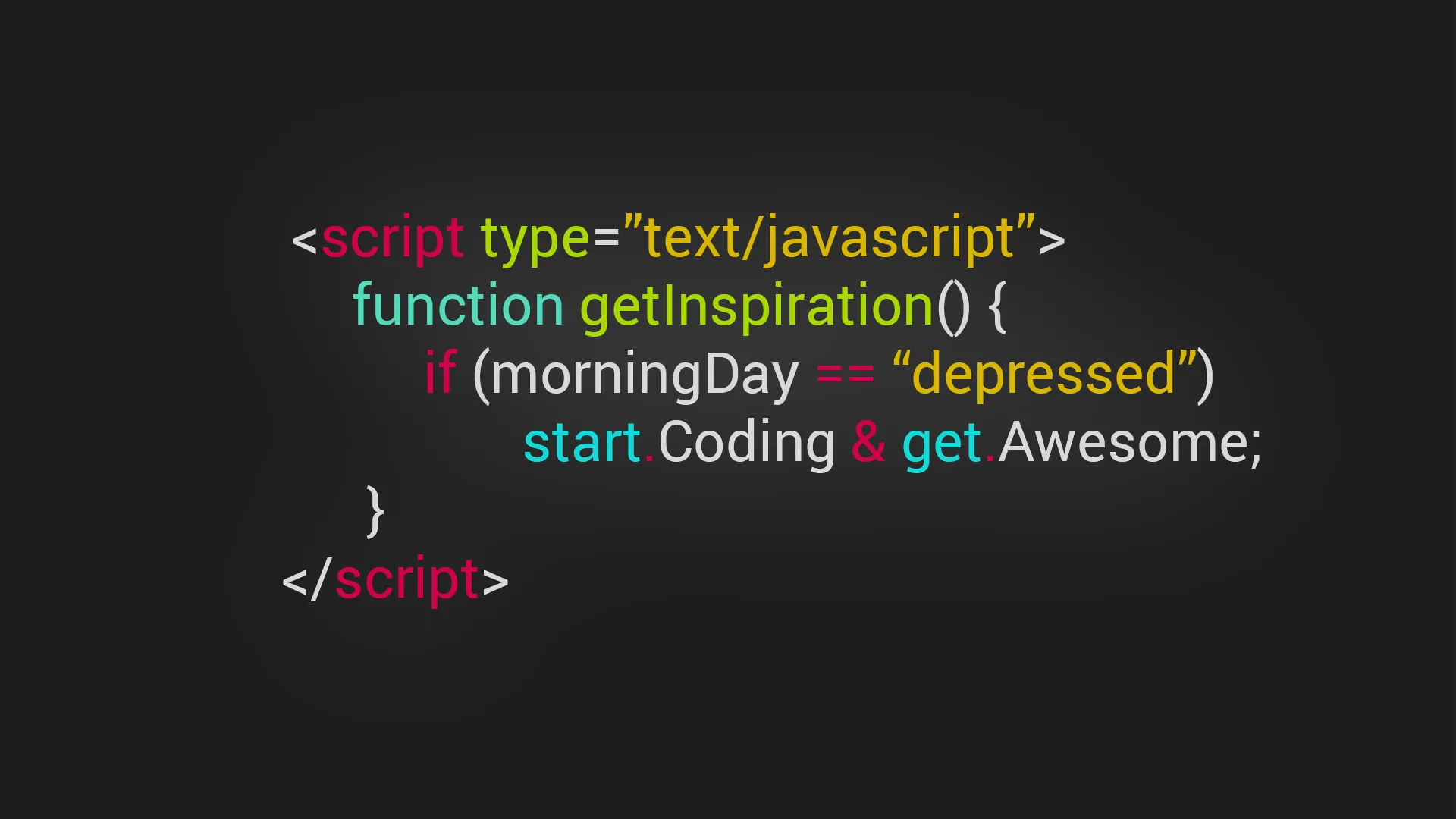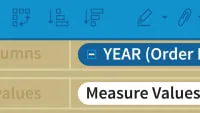
Asynchronous Programming with Javascript 
Discover the fundamentals of Asynchronous Programming with Javascript ▼
ADVERTISEMENT
Course Feature
![]() Cost:
Cost:
Free Trial
![]() Provider:
Provider:
QuickStart
![]() Certificate:
Certificate:
No Information
![]() Language:
Language:
English
![]() Start Date:
Start Date:
Self Paced
Course Overview
❗The content presented here is sourced directly from QuickStart platform. For comprehensive course details, including enrollment information, simply click on the 'Go to class' link on our website.
Updated in [May 19th, 2023]
This course provides an overview of asynchronous programming with JavaScript. Students will learn the latest techniques, including JavaScript Promises and Generators, to expand their knowledge of the language. Through lectures and hands-on activities, students will gain an understanding of how to use asynchronous programming to create more efficient and powerful applications. Topics covered include asynchronous functions, callbacks, Promises, Generators, and more. By the end of the course, students will have a better understanding of how to use asynchronous programming to create more efficient and powerful applications.
[Applications]
After completing this course, students can apply their knowledge of asynchronous programming with JavaScript to create more efficient and responsive web applications. They can use JavaScript Promises to handle asynchronous operations, and Generators to create iterators and control the flow of asynchronous operations. Additionally, students can use their knowledge of asynchronous programming to create more complex web applications that can handle multiple requests and operations simultaneously.
[Career Paths]
1. Front-End Developer: Front-end developers are responsible for creating the visual elements of a website or application. With knowledge of asynchronous programming with JavaScript, they can create more dynamic and interactive user experiences. Asynchronous programming also allows for faster loading times and more efficient code.
2. Web Developer: Web developers use asynchronous programming to create more efficient and interactive websites. They can use JavaScript Promises and Generators to create more complex web applications that are faster and more responsive.
3. Mobile App Developer: Mobile app developers use asynchronous programming to create more efficient and interactive mobile applications. With knowledge of asynchronous programming with JavaScript, they can create more dynamic and interactive user experiences. Asynchronous programming also allows for faster loading times and more efficient code.
4. Software Engineer: Software engineers use asynchronous programming to create more efficient and interactive software applications. With knowledge of asynchronous programming with JavaScript, they can create more dynamic and interactive user experiences. Asynchronous programming also allows for faster loading times and more efficient code.
[Education Paths]
1. Bachelor of Science in Computer Science: This degree path provides students with a comprehensive understanding of computer science fundamentals, including programming languages, algorithms, data structures, and software engineering. Students will also learn about the latest trends in asynchronous programming, such as JavaScript Promises and Generators.
2. Master of Science in Software Engineering: This degree path focuses on the development of software applications and systems. Students will learn about the principles of software engineering, including software design, development, testing, and maintenance. They will also gain an understanding of asynchronous programming techniques, such as JavaScript Promises and Generators.
3. Master of Science in Computer Science: This degree path provides students with a comprehensive understanding of computer science fundamentals, including programming languages, algorithms, data structures, and software engineering. Students will also learn about the latest trends in asynchronous programming, such as JavaScript Promises and Generators.
4. Doctor of Philosophy in Computer Science: This degree path provides students with an in-depth understanding of computer science fundamentals, including programming languages, algorithms, data structures, and software engineering. Students will also gain an understanding of the latest trends in asynchronous programming, such as JavaScript Promises and Generators.
Course Provider

Provider QuickStart's Stats at AZClass
Discussion and Reviews
0.0 (Based on 0 reviews)
Explore Similar Online Courses

Integrating Tableau and R for Data Science

Introduction to Photojournalism: Capture Powerful Stories

Python for Informatics: Exploring Information

Social Network Analysis

Introduction to Systematic Review and Meta-Analysis

The Analytics Edge

DCO042 - Python For Informatics

Causal Diagrams: Draw Your Assumptions Before Your Conclusions

Whole genome sequencing of bacterial genomes - tools and applications

React Basics Course

JavaScript: Functions

NestJS Zero to Hero - Modern TypeScript Back-end Development
 Related Categories
Related Categories
 Popular Searches
Popular Searches
Quiz
 Submitted Sucessfully
Submitted Sucessfully
1. What is the main purpose of asynchronous programming?
2. Which of the following is an example of asynchronous programming?
3. Which of the following is not a feature of JavaScript Promises?
4. JavaScript Generators are used to create _________ functions.
Correct Answer: iterator


Start your review of Asynchronous Programming with Javascript